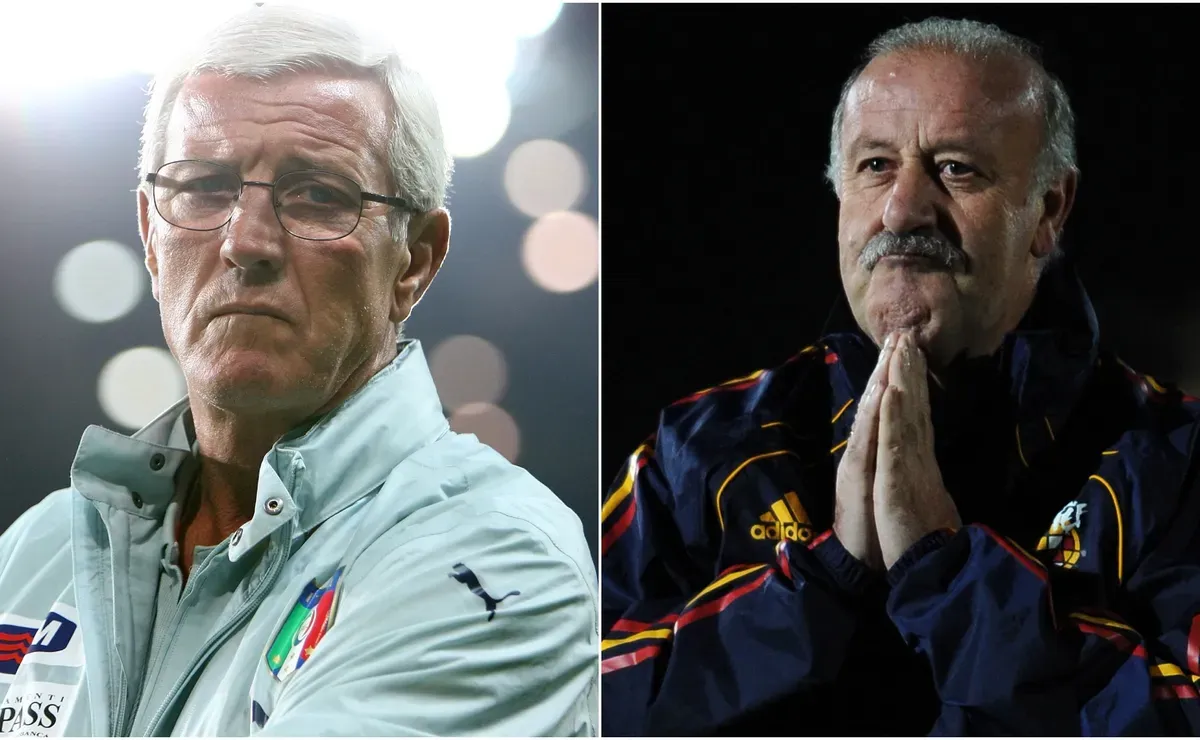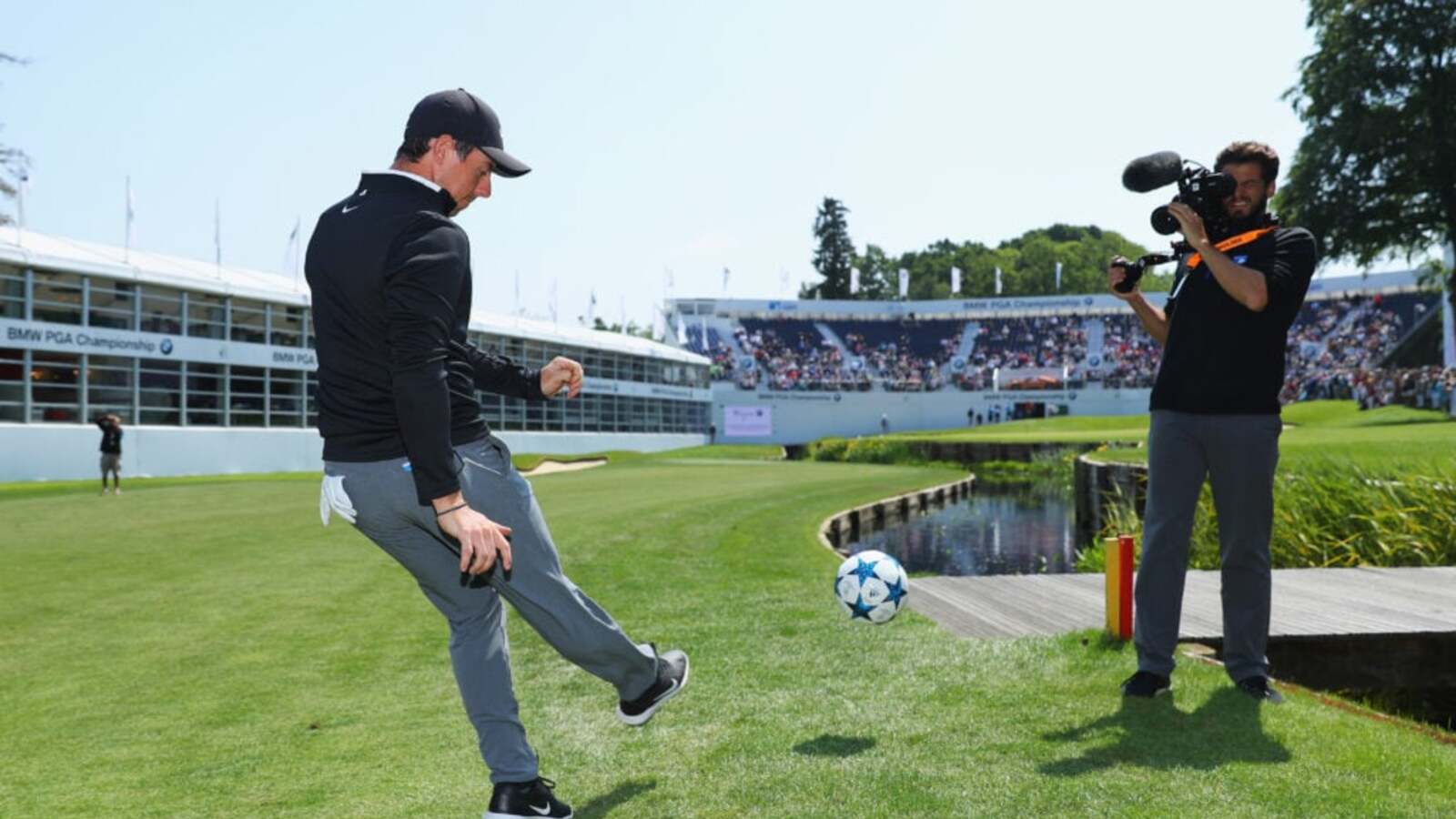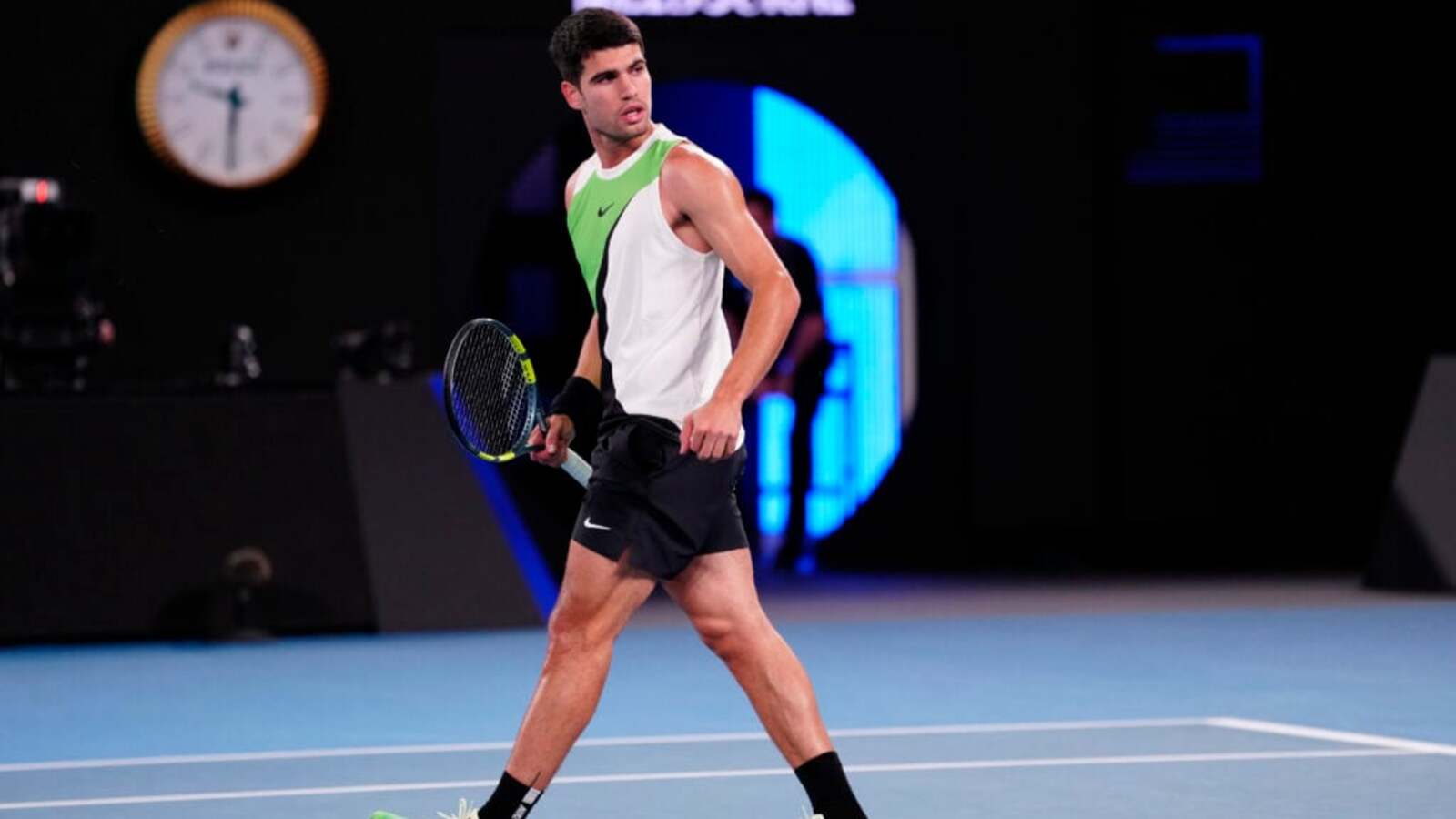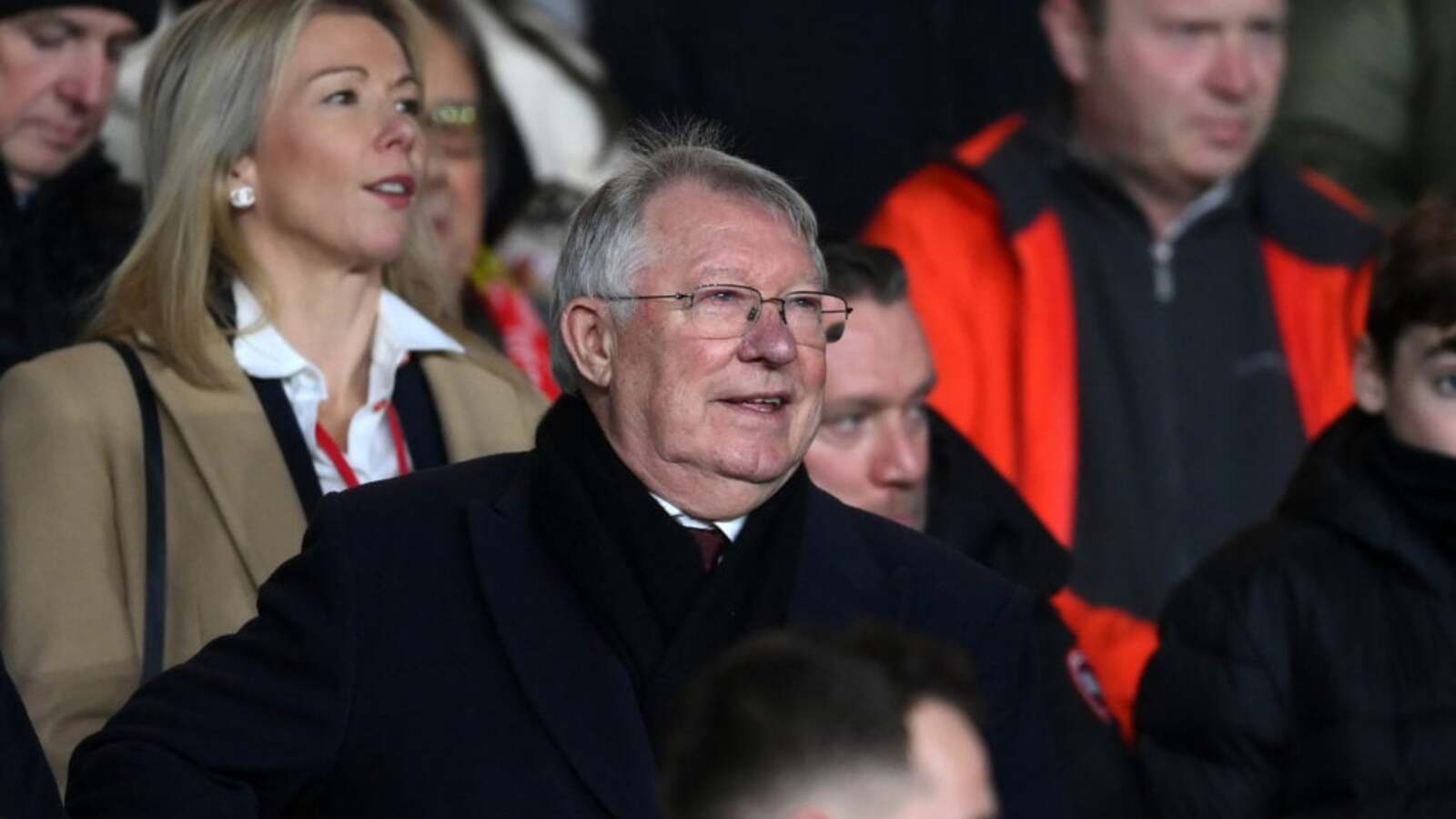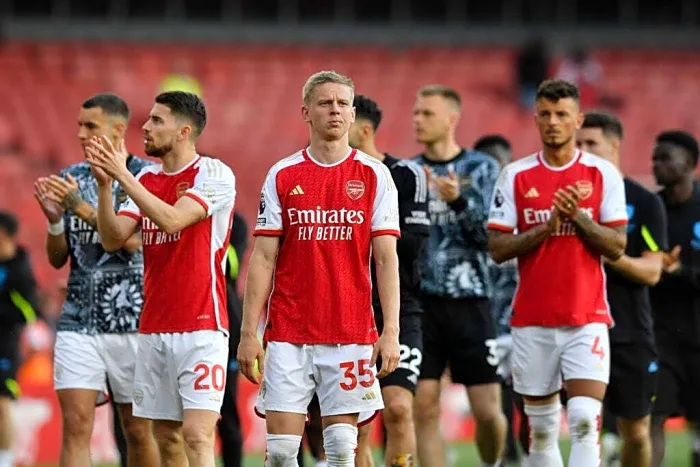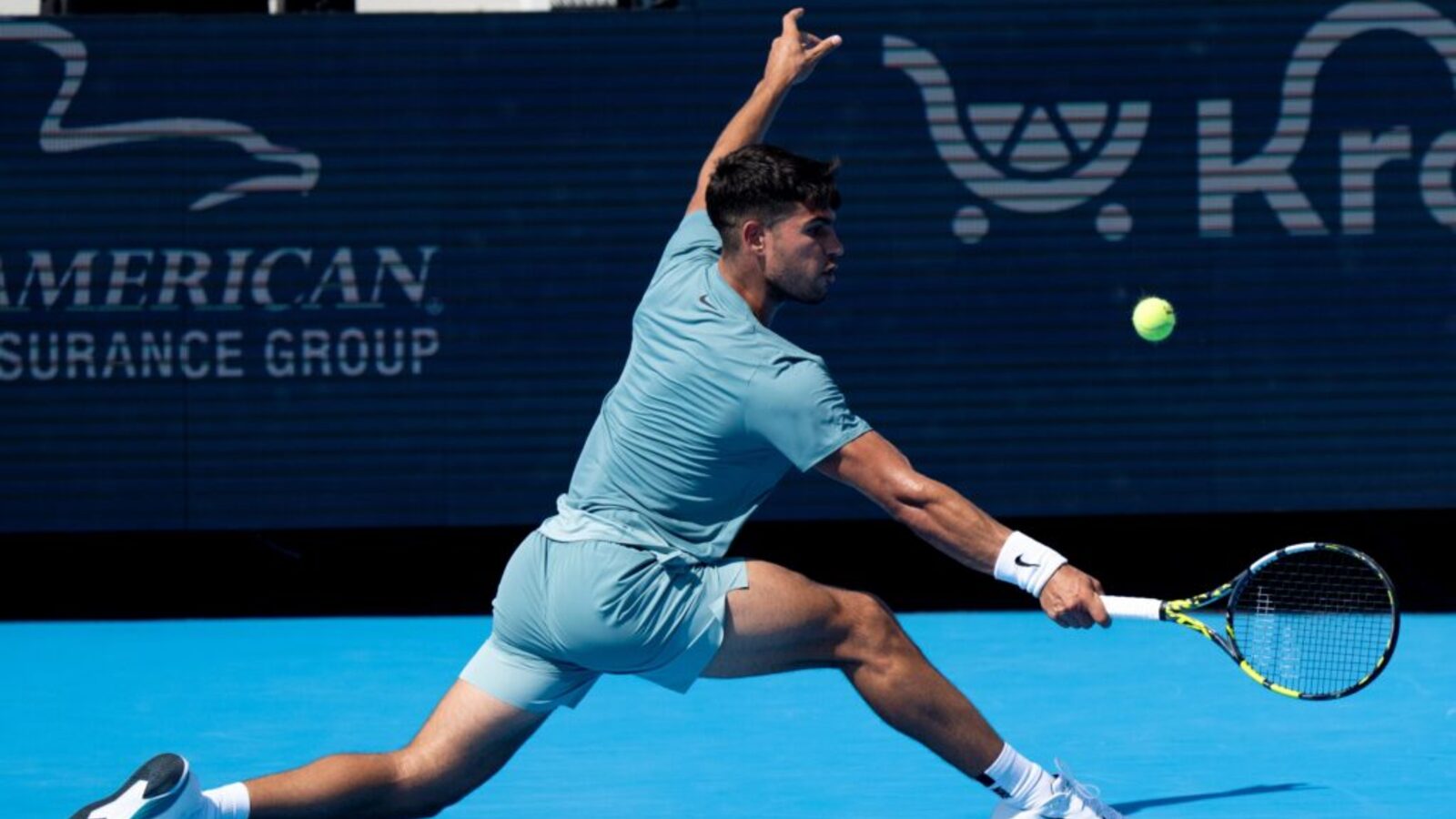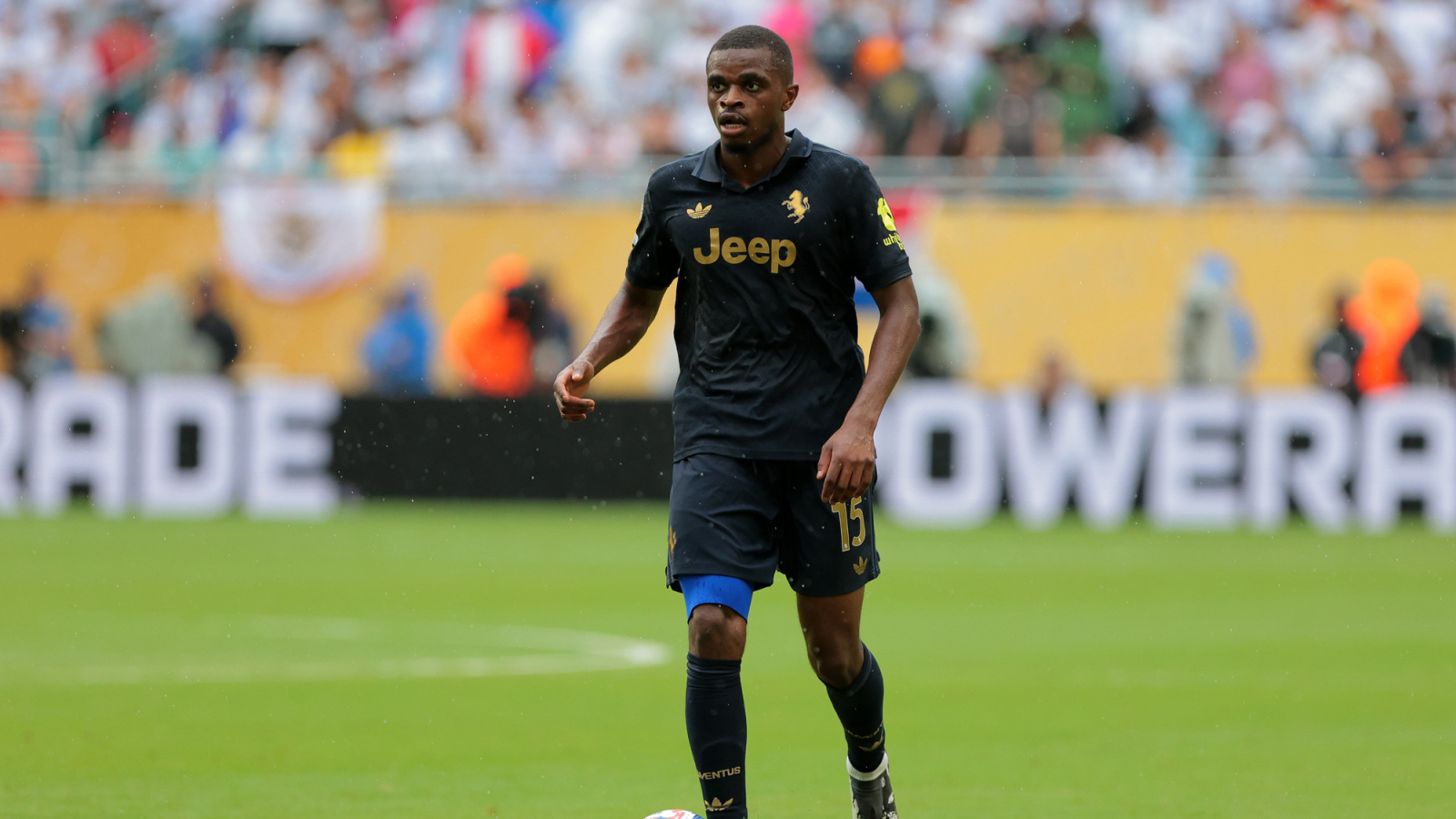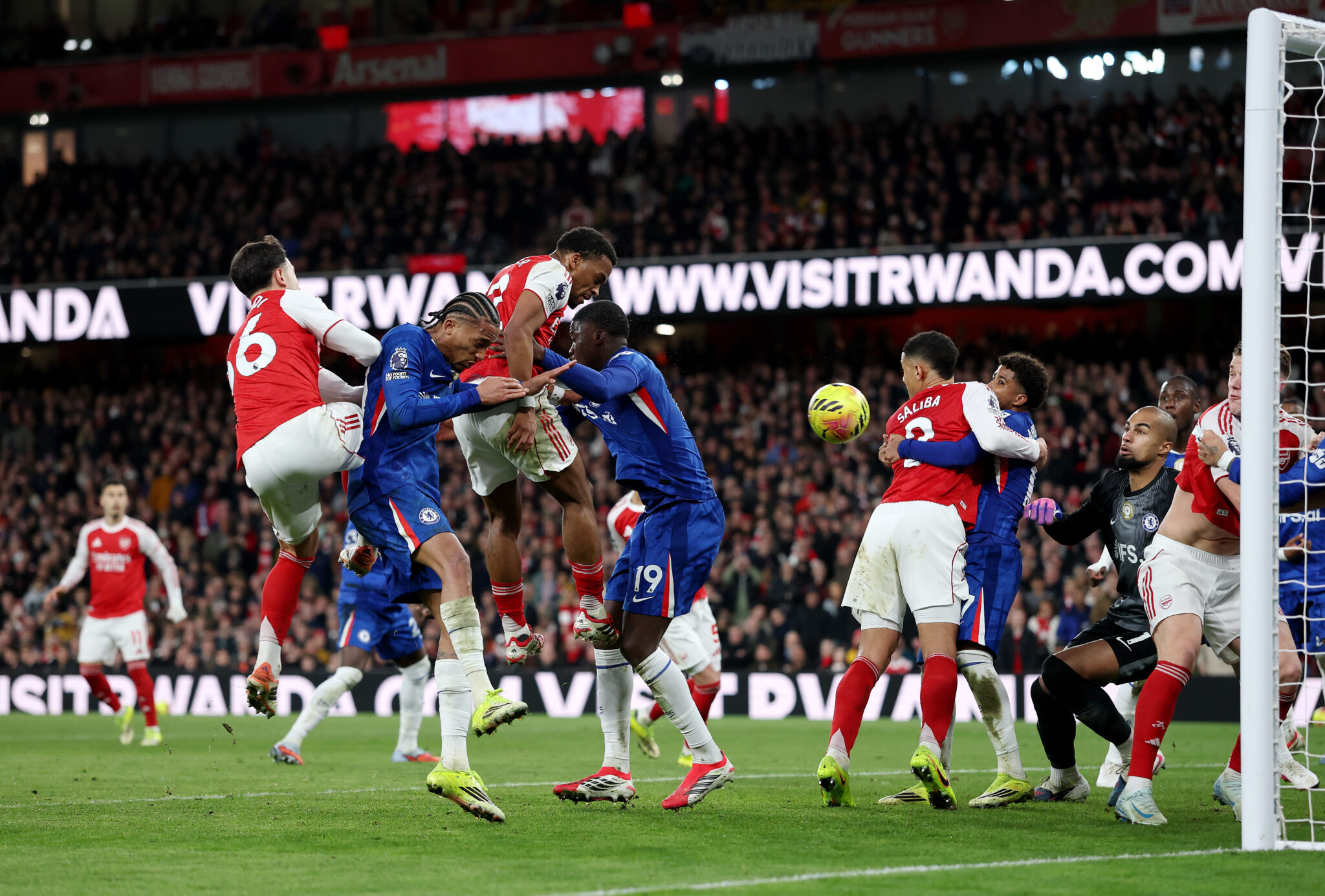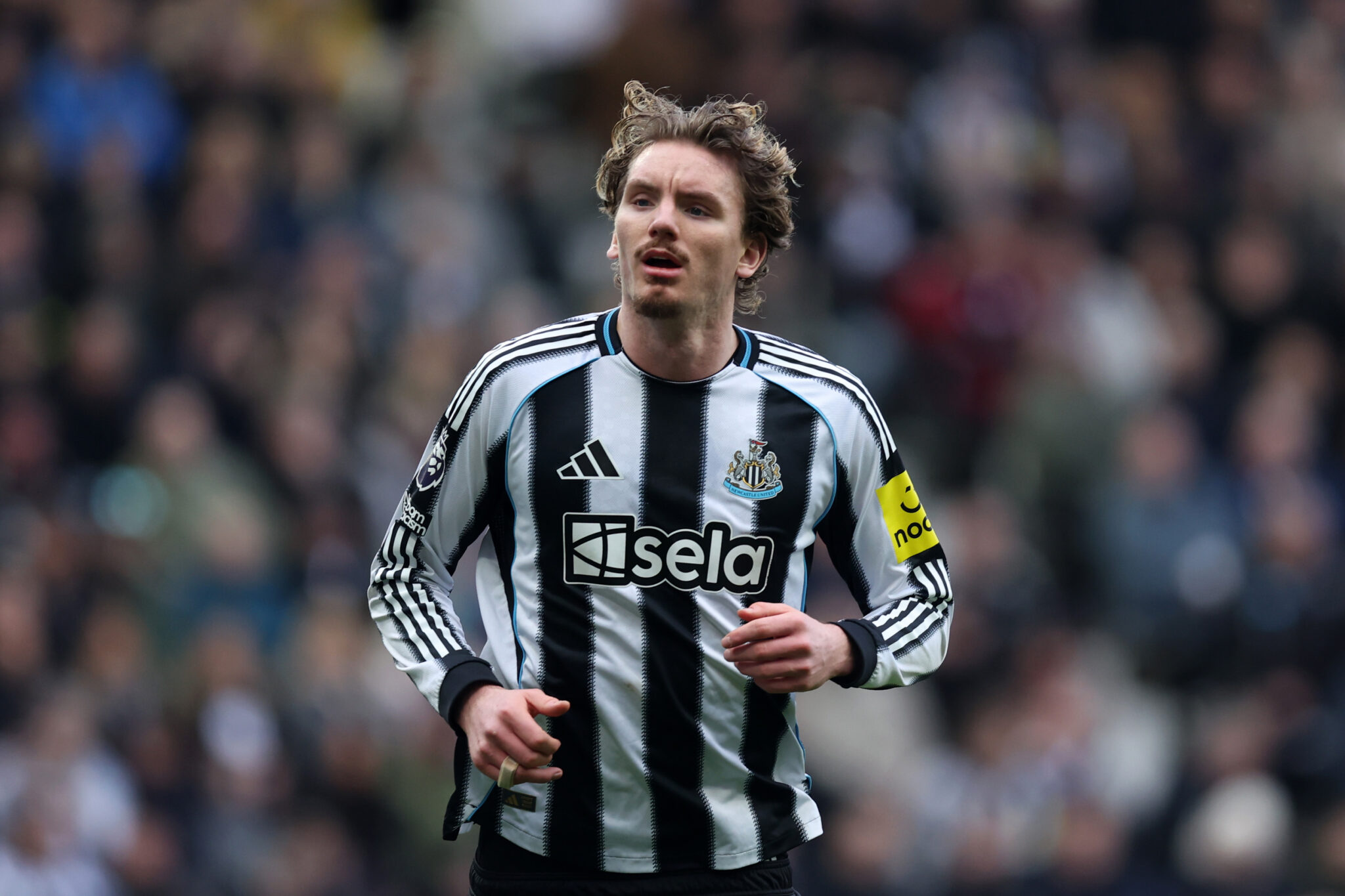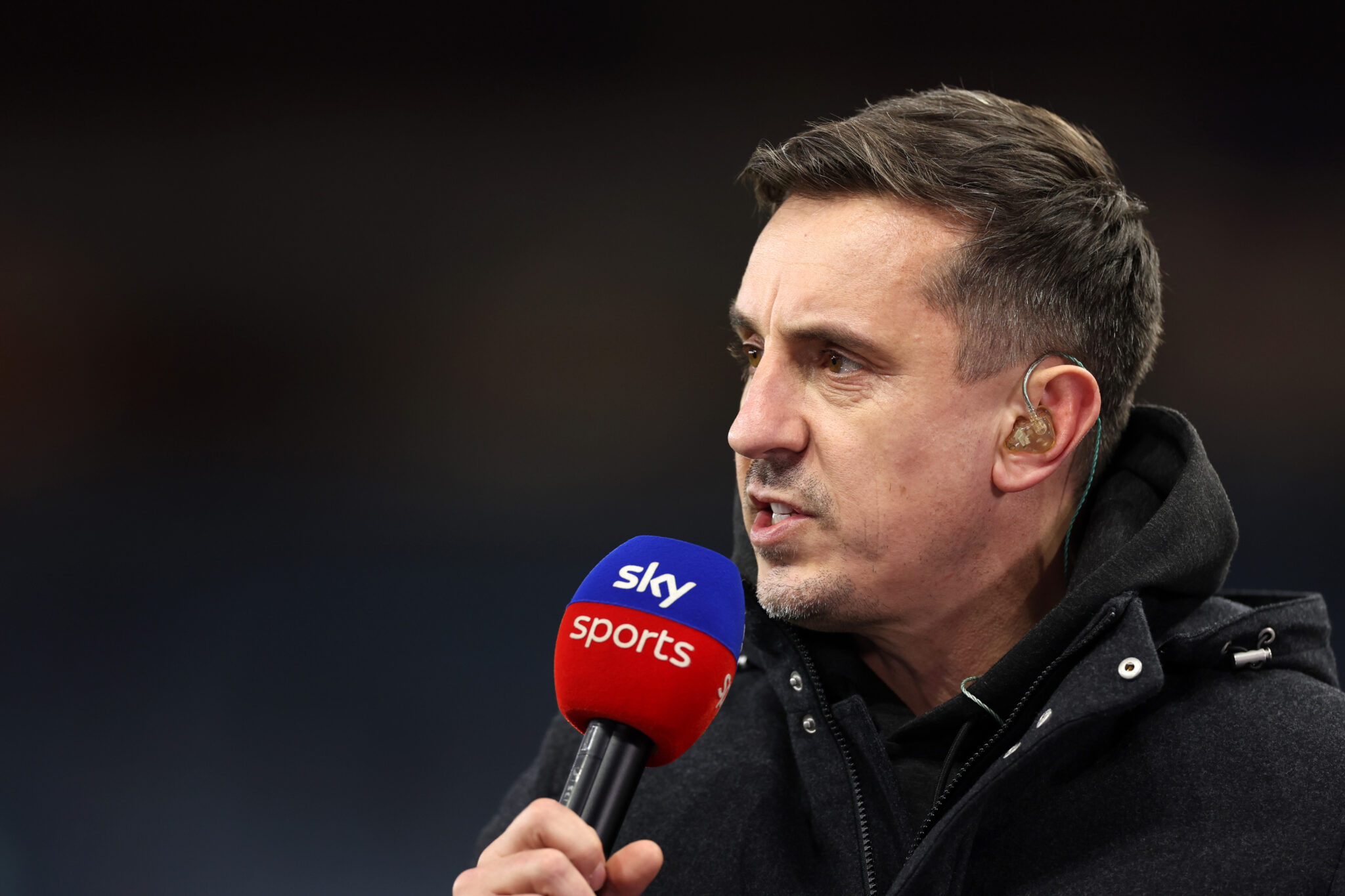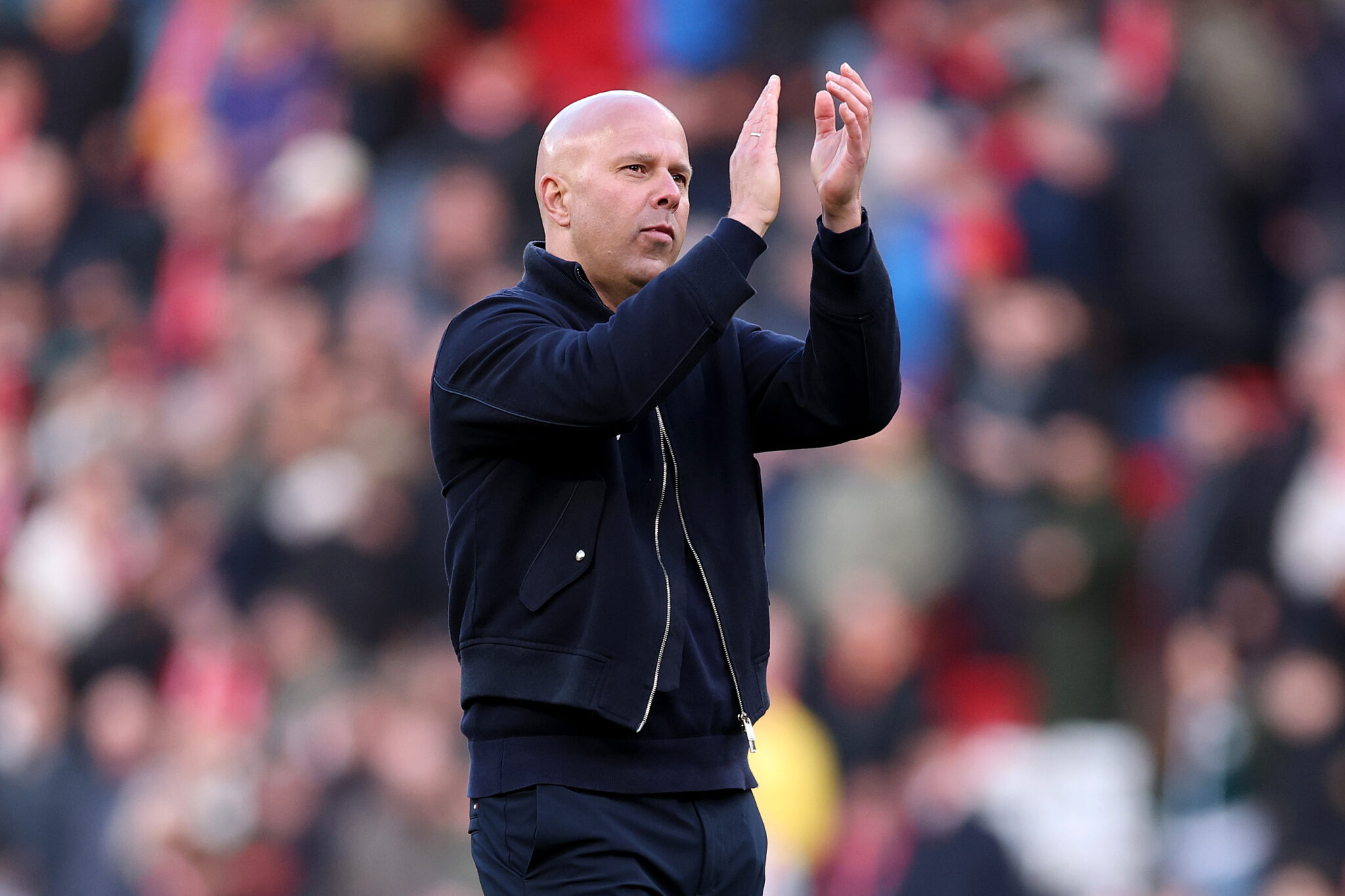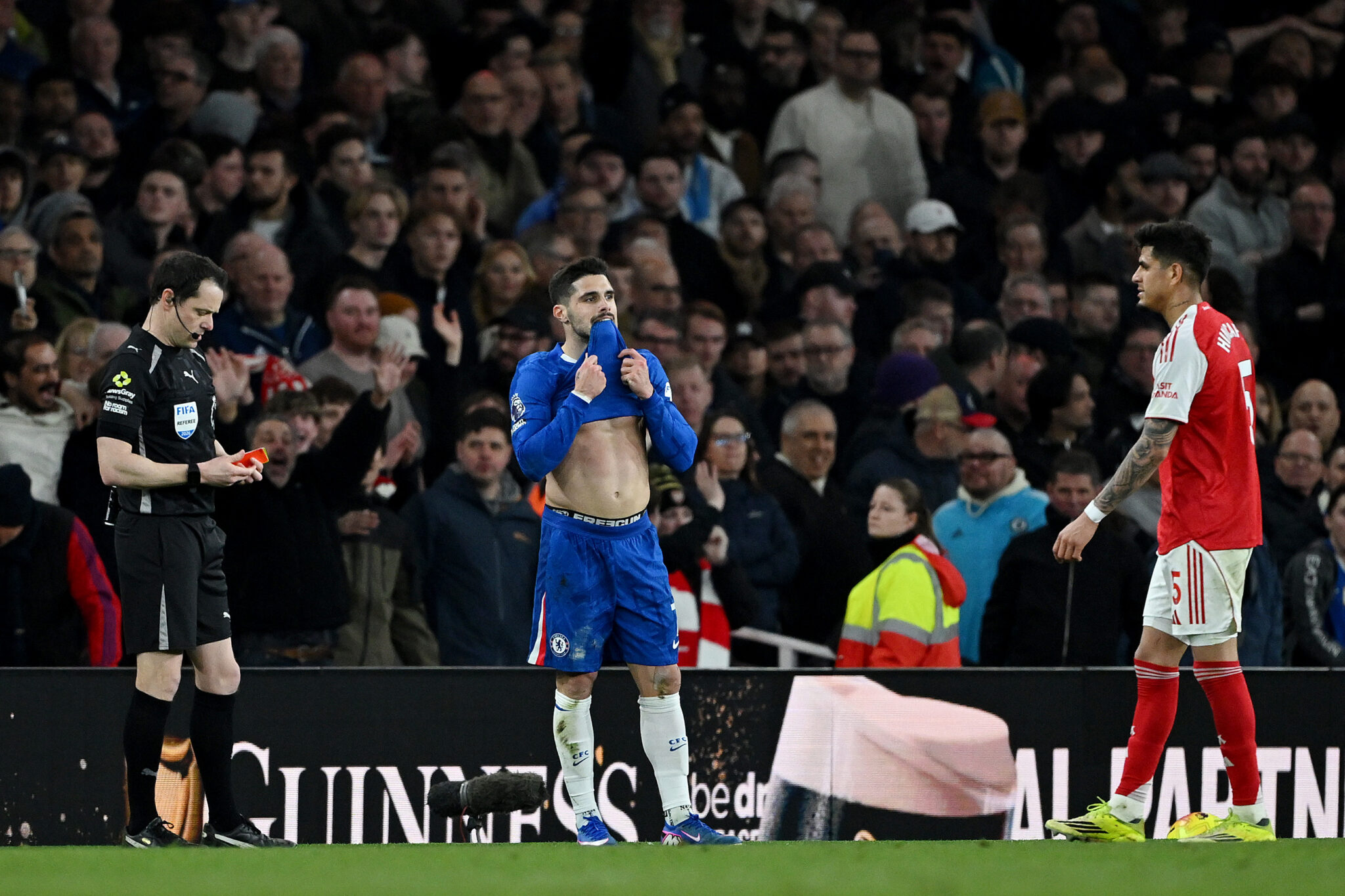Winning the Champions League places a team among Europe’s best. However, winning the World Cup demands a unique skill set, combining strategy, team spirit, and national pride.
Only a few coaches have succeeded in winning both titles. Their experiences highlight the different challenges of the long club season and the intense atmosphere of a global competition.
From renowned experts to surprising innovators, these coaches have successfully merged two demanding fields, showing how adaptability and clear vision create lasting legacies.
Which coaches have won both the Champions League and the World Cup?
Just two managers have won both the UEFA Champions League (or European Cup) and the FIFA World Cup: the Italian Marcello Lippi and the Spaniard Vicente del Bosque.
Marcello Lippi
Marcello Lippi during the FIFA World Cup Germany 2006 Final match. (Source: Shaun Botterill/Getty Images)
Lippi was the first coach to achieve this impressive feat, winning a decade apart. He led Juventus to Champions League victory in 1996, overcoming Ajax in a penalty shootout in Rome.
Despite his club triumphs, he also faced three consecutive final defeats (1997, 1998, 2003). His crowning achievement came with the Italian national team.
In the 2006 FIFA World Cup in Germany, he guided Italy through a tournament marked by strength and unity, culminating in a dramatic final win over France, also decided by penalties. This victory earned him national hero status as the first coach to win both major trophies.
Vicente del Bosque
Vicente del Bosque speaks to the audience behind the World Cup trophy in 2014. (Source: Clive Mason/Getty Images)
Del Bosque joined Lippi in this select group four years later, enjoying success with both club and country. His initial European triumph came at Real Madrid during the Galácticos era.
He won the Champions League twice, first in 2000 against Valencia and then in 2002 against Bayer Leverkusen, famously decided by Zinedine Zidane’s stunning volley.
His second major title came with the Spain national team. After taking over from Luis Aragones, he led Spain to victory in the 2010 FIFA World Cup in South Africa, defeating the Netherlands in the final.
This win solidified Spain’s “Golden Generation” and made him the only coach to have won the World Cup, the European Championship (2012), the Champions League, and the Intercontinental Cup/Club World Cup.
Why are Lippi and Del Bosque the only champions of both titles?
The fact that only two coaches have achieved both the Champions League and World Cup titles underscores the significant challenge of mastering two very different managerial styles in soccer.
Marcello Lippi during the AFC Champions League Final 2nd leg match in 2013. (Source: Thananuwat Srirasant/Getty Images)
This rarity arises from the contrasting demands of club competitions and international tournaments. The Champions League requires a manager to lead long-term projects.
Success necessitates consistent high performance throughout a strenuous nine-month season, the skill to manage a diverse squad, and the tactical adaptability to outmaneuver the world’s top club teams.
Club coaches have ongoing access to their players, allowing for complex strategy implementation. However, they also face challenges related to large transfer budgets and player changes. Lippi’s success with Juventus and Del Bosque’s victories with Real Madrid arose from multi-year dominance.
In contrast, the FIFA World Cup demands a manager to be a short-term tactical leader and motivator. This competition is a high-pressure sprint lasting four weeks.
Coaches have limited preparation time and must unite players who typically compete against each other, requiring straightforward strategies for immediate results. There are no transfer options to address weaknesses, and one poor performance can end a team’s bid.
Vicente Del Bosque during a Champions League game. (Source: Tim De Waele/Getty Images)
The task centers more on creating strong team spirit and momentum than on extensive technical tactics. Del Bosque excelled at bringing together the existing talent of Spain’s “Golden Generation” to achieve victory in 2010.
Moreover, the chances of achieving both are incredibly rare. To win the UCL, a coach must be at one of a few wealthy European clubs, while winning the World Cup requires leading one of the eight nations historically capable of lifting the trophy—an opportunity that arises every four years.
Lippi (Italy) and Del Bosque (Spain) uniquely combined successful club dominance with the right timing to lead their elite national teams during their players’ peak years. This convergence of timing, tactical expertise, and managerial skill explains the short list of dual winners.
